وصف البرنامج التدريبي
The Compliance Officer training course is designed for professionals seeking to deepen their understanding of compliance management within an organization. This intermediate-level course provides comprehensive insights into the roles and responsibilities of a compliance officer, focusing on the development and implementation of effective compliance programs. Participants will learn to navigate complex regulatory environments, ensure adherence to legal and ethical standards, and manage risk effectively Through a blend of theoretical knowledge and practical applications, this course covers key topics such as regulatory frameworks, compliance risk assessment, policy development, and enforcement strategies. Participants will also explore best practices in monitoring and auditing compliance, handling violations, and fostering a culture of compliance within their organizations
أهداف الدورة
-
To Identify the key regulatory bodies and their specific mandates relevant to the industry
-
To evaluate the impact of regulatory changes on organizational policies and procedures
-
To develop skills to identify, assess, and prioritize compliance risks within an organization
-
To implement effective risk management strategies to mitigate potential compliance issues
-
To foster ethical decision-making and behavior within the organization
-
To apply ethical principles to resolve compliance-related dilemmas and conflicts of interest
مميزات البرنامج
Participants will be able to identify and interpret the key local and international laws, regulations, and industry standards relevant to their organization’s operations.
Being able to evaluate and enhance existing compliance frameworks to foster a culture of ethical behavior and legal adherence within the organization
Participants will be able to design, implement, and monitor effective compliance programs that align with organizational goals and regulatory requirements.
Participants will learn to conduct risk assessments, detect potential compliance violations, and implement mitigation strategies to reduce legal and reputational risks.
Participants will gain strategies to promote ethical behavior and integrity within the organization through training, communication, and leadership.
Participants will be able to carry out internal investigations, document findings, and report to appropriate stakeholders while maintaining confidentiality and due process.
